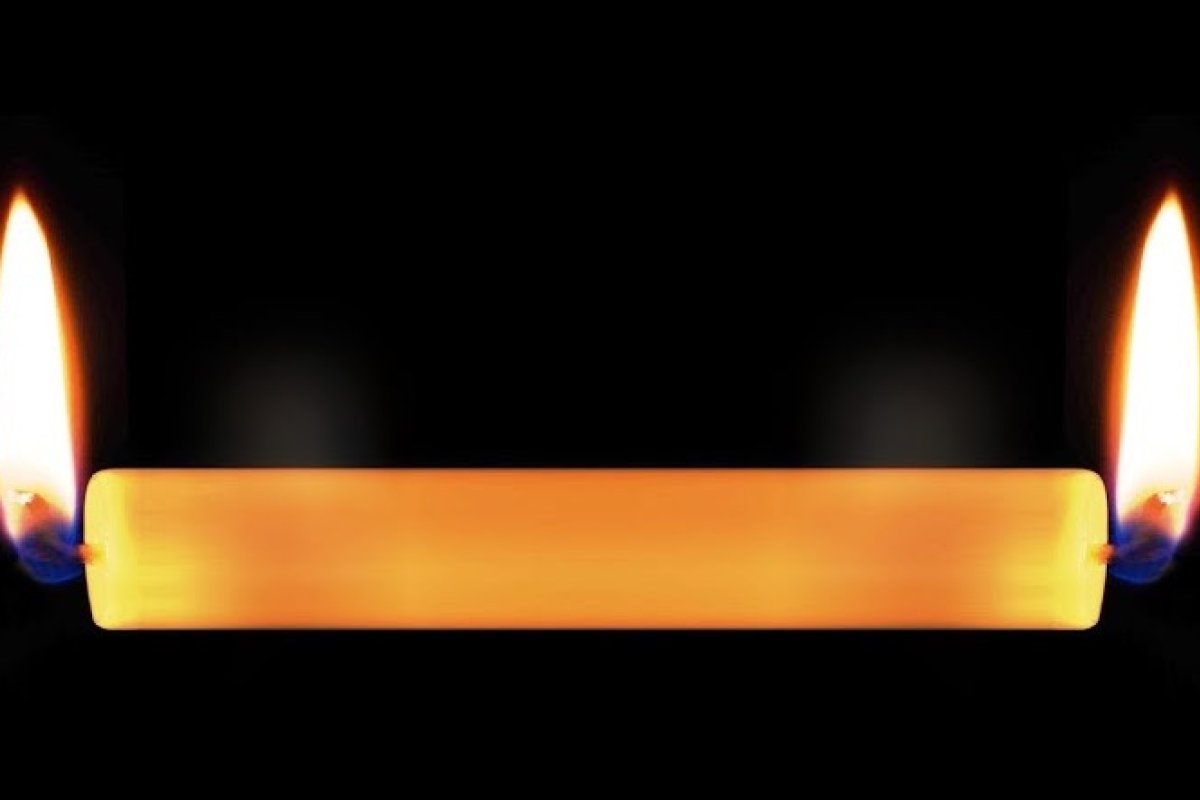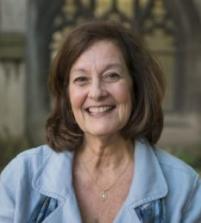
The Meanings that Make Us
The limits of creative agency in ritual
At the apex of our long COVID summer, while hurricanes were brewing in the Gulf of Mexico, wildfires were threatening the West, protests against police violence were surging in our cities, and millions of Americans were calculating the health risks of our annual “back to school” routines without reliable guidance from the CDC, the New York Times published a feature story called “Doing God’s Work.” Readers might have followed the headline to the paper’s inner pages hoping to find some solace in dark times—a courageous congregation bridging political divisions in their community or a coalition of religious leaders responding with creativity and conviction to the needs of the most vulnerable. Instead, the banner page of the Sunday Business section (Sunday August 30, 2020) confronted us with the jarring image of a corporate Madonna: a young woman with one hand raised in the traditional gesture of blessing, dressed in a business suit and cradling a laptop computer where we would have expected to see a holy infant or an equally holy book.
Turning the page revealed both the article’s full title—“Doing God’s Work in Corporate America”—and its subjects, “divinity consultants on a mission to usher in soul-centered corporate rituals.” Author Nellie Bowles is no stranger to the cadence of religious narrative, and she is familiar with the widespread reports of ritual hunger in our present moment: “In the beginning there was Covid-19, and the tribe of the white collars rent their garments, for their workdays were a formless void, and all their rituals were gone.” Her piece describes “a new corporate clergy that has arisen to formalize remote work life. They go by different names: ritual consultants, sacred designers, soul-centered advertisers. They have degrees from divinity schools. Their business is borrowing from religious tradition to bring spiritual richness to corporate America.”
The featured consultants, Angie Thurston, Casper ter Kuile, and Sue Phillips, began working together as students at Harvard Divinity School, studying millennials’ flight from organized religious congregations and their search for connection in new places (How We Gather: A New Report on Non-Religious Community). They observed that even those who eschewed traditional religious disciplines craved spiritual practice and community; consequently, their work lives were at once consuming and unsatisfying. After graduation, the three co-founded Sacred Design Lab, a consulting company that combines spirituality and management theory in the workplace, aiming to “soften capitalism’s toll on the human spirit by making room for the soul.” The consultants employ a variety of strategies “from architecture to employee training to ritual design.” Some coach employees in structuring their work life sustainably; others create rituals to celebrate the successful completion of an assignment or “funerals” for projects that fail, or ritualize screen-weary Zoom interactions in order to sustain a sense of presence and connection in the gallery. All of these activities, claim the consultants, repackage organized religion’s function as a technology for delivering meaning. “The question we ask is: ‘How do you translate the ancient traditions that have given people access to meaning-making practices, but in a context that is not centered on a congregation?'”
How, indeed. The comments to the online version of the article (“God is Dead. So Is the Office. These People Want to Save Both,” Aug. 28, 2020) were enlightening; at the time of writing, one reader had offered mild agreement, while 186 others offered loud dissent from both sides of the sacred/secular divide. Unanimity is rare when spiritual practice is the topic—so unusual as to invite a second glance and the careful consideration of those of us who teach, preach, or practice religion in public spaces. Some detractors opposed requisite participation in any spiritual practice, no matter how carefully translated. Others were reluctant to participate in exercises that might expose some vulnerability in the presence of those with power to evaluate or even fire employees. Some failed to appreciate the meaning-making on offer, deriding the activities as “meaningless mumbo jumbo.” Many saw a cynical effort to prop up productivity, or to increase the hegemony of capitalist values that had already encroached too far into their lives. Several religious leaders felt their traditions or congregations had been disrespected. And the overwhelming sentiment seemed to be that meaning is as meaning does—that is, corporations that care about the souls of their employees should address the practical issues of justice, equity, and respect in the workplace, not only in word but in deed. Rather than internally making meaning that soothes lonely souls in the corporate context—meanings that cannot help but support the company’s bottom line—what if workplaces let themselves be made, shaped, changed, by the meanings that are constantly reasserting themselves all around us?
It’s an unfortunate assumption of a culture shaped by misbegotten Protestant tendencies towards individualism and capitalism, that human beings are ourselves the creator, rather than the creation, and that everything we lay claim to—including meaning itself—is subject to our “making.” Our generation has become understandably disillusioned with the challenges of living in and sustaining relationships with institutions and communities—our traditions’ teachings, their practices and their adherents can be oppressive, hurtful, and too slow to change. It has become fashionable, even admirable, to leave that baggage behind, strike out on our own, and “make meaning” for ourselves so as to find a situation more to our liking.
We can trade “empty ritual” that doesn’t speak our language or fit our lifestyles for “relevant rituals” that look and sound like us, translated for our convenience. Perhaps we will even find a bit of relief in workplace ritual. But when we leave behind the vital wisdom that is encoded in religious practice and religious community, we squander our inheritance, that vast cache of human experience that must be passed from generation to generation, kept, cultivated and deepened. These are meanings that we could never “make” on our own because we’ve not lived long or hard or well enough ourselves—these meanings imagine us, shape us, “make us” courageous, compassionate and resilient for such a time as ours. When we face the unfathomable, when history presents us with challenges like nothing we can remember, those sturdy rituals will bear us up, reveal the meaning for us, and make us anew.
As our nation gathers this week, yet again, to mourn the death of one of us, thousands will engage in ritual acts that are at once ancient and yet need no translation. We will tell stories about Supreme Court Justice Ruth Bader Ginsburg, and be instructed by them—so that the meanings of a life lived in the service of justice will make us hunger for justice now. We will sit vigil, or stand watch, or make pilgrimage to “pay our respects” as the first woman to be so honored lies in state at the Capitol—so that the meanings of life’s brevity and death’s certainty will make us impatient towards all that withholds life’s fullness from any of us. We will keep silence together in the face of the loss of this extraordinary one, and recall the enormity of all we have lost in a single season—200,000 fellow citizens, nearly a million souls worldwide, seven million acres of western forests—so that the meaning of that silence, and those losses, will humble us in the face of our recklessness, and remind us of our role as those-created-by meaning, and not meaning’s creators.
Sightings is edited by Daniel Owings, a PhD Candidate in Theology at the Divinity School. Sign up here to receive Sightings via email. You can also follow us on Facebook and Twitter. The views and opinions expressed in this article are those of the author and do not necessarily reflect the position of the Marty Center or its editor.


